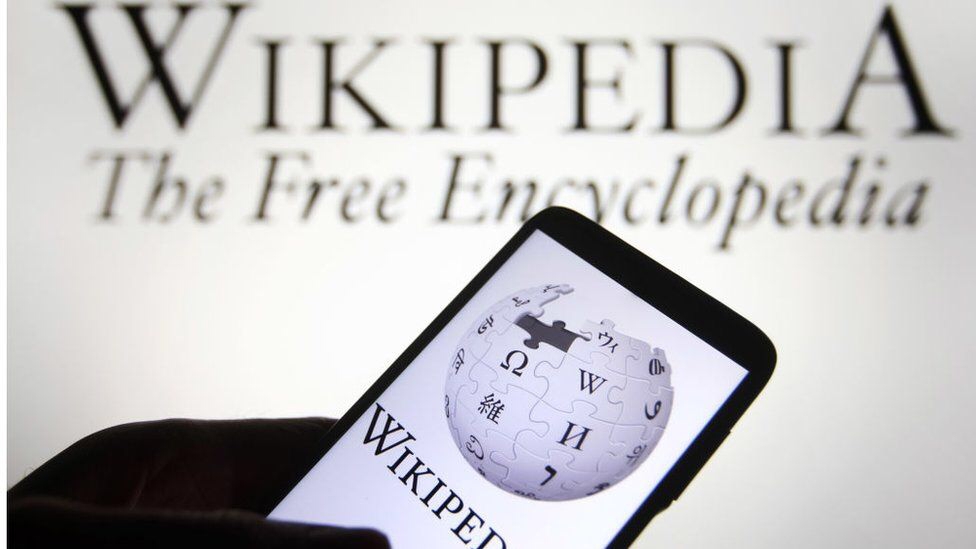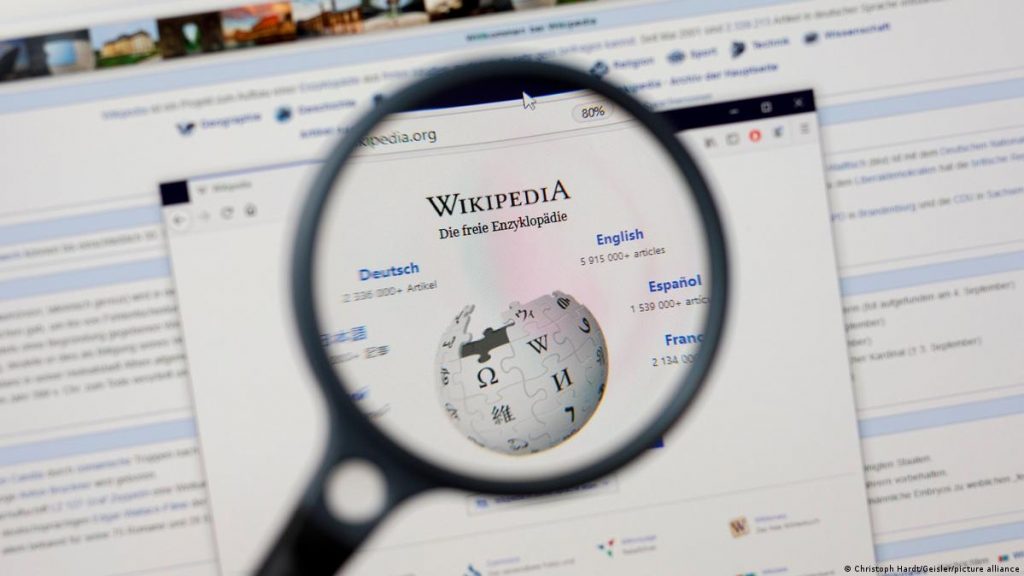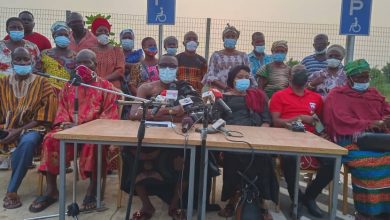
Pakistan has blocked Wikipedia for hosting “blasphemous content.” The free online encyclopedia was given a 48-hour deadline to remove some content before the move was announced on Saturday February 4.
Wikipedia allegedly disregarded the Pakistan Telecommunication Authority’s (PTA) ultimatum.
According to the Wikimedia Foundation, which hosts Wikipedia, Pakistanis will not be able to access “the largest free knowledge repository” as a result of the ban.
In Pakistan, blasphemy is a contentious and highly sensitive issue.
Other platforms like Tinder, Facebook, and YouTube were previously blocked.
Speaking on behalf of the PTA, Malahat Obaid claimed that despite “repeated correspondence” for the removal of “blasphemous content,” Wikipedia had not responded.
“They did remove some of the material but not all,” he added, confirming that the website would remain blocked until “all the objectionable material” was removed.
Details of the material in question have not been revealed.
According to the Wikimedia Foundation, the ban would “deny everyone access to Pakistan’s knowledge, history, and culture” if it persisted.

Campaigners for free speech have voiced their concerns over the decision, stating that it appeared to be “a concerted effort to exert greater control over content on the internet”.
“The main purpose is to silence any dissent,” said digital rights activist Usama Khilji.
“A lot of times blasphemy is weaponised for that purpose,” he added.
YouTube was blocked in Pakistan in 2010 due to its “growing sacrilegious content.
In 2010, Facebook was disabled as a result of a controversy around an online campaign encouraging people to draw depictions of the Prophet Muhammad.
Dating apps including Tinder and Grindr were also previously banned for disseminating “immoral content”.
Author-Roberta Appiah





